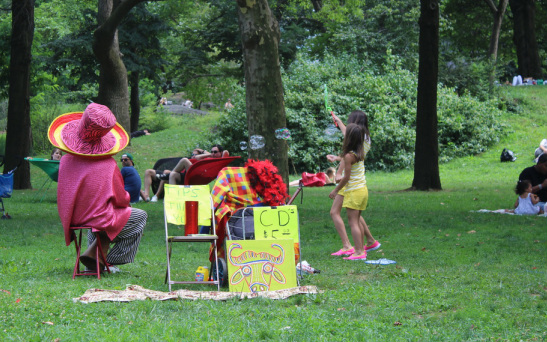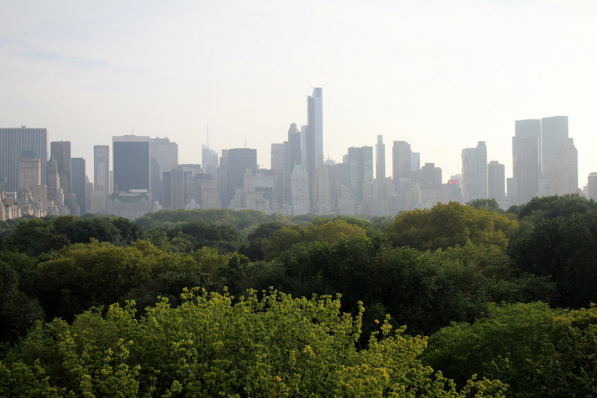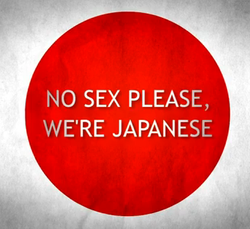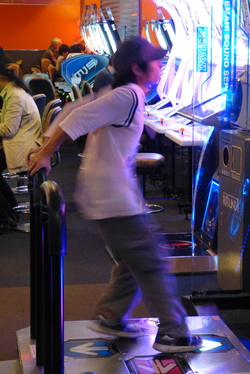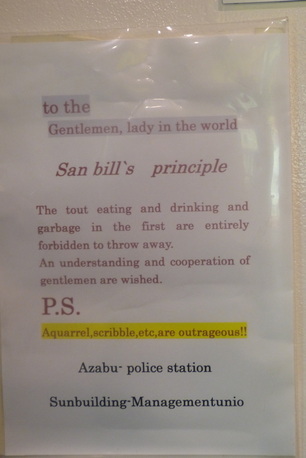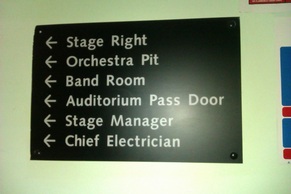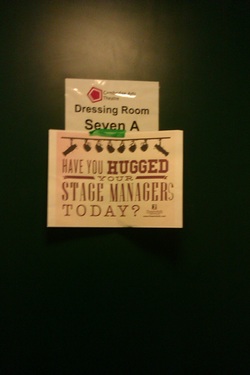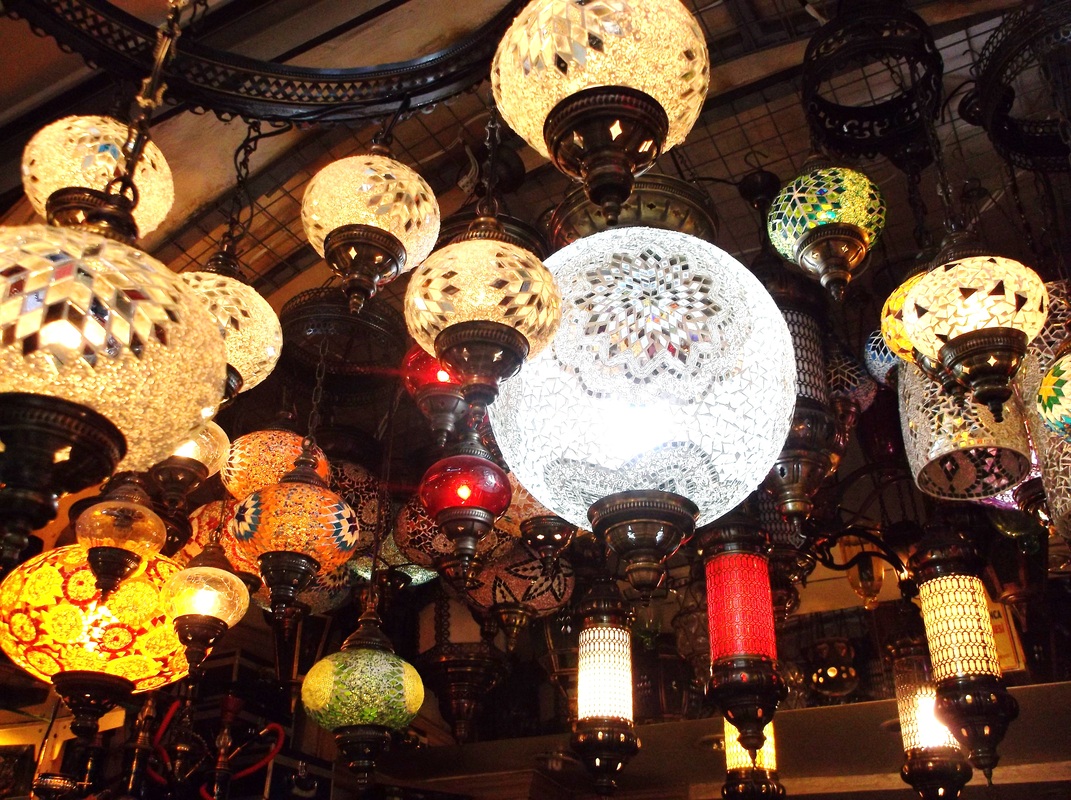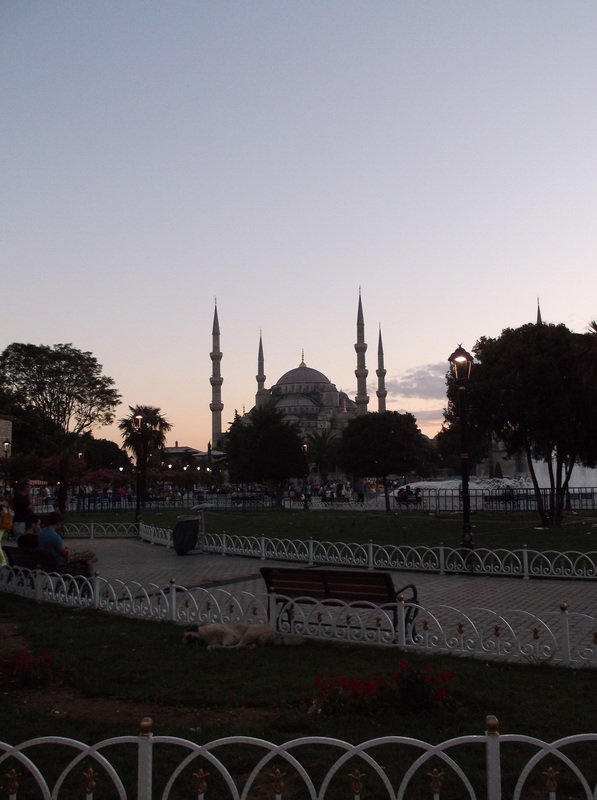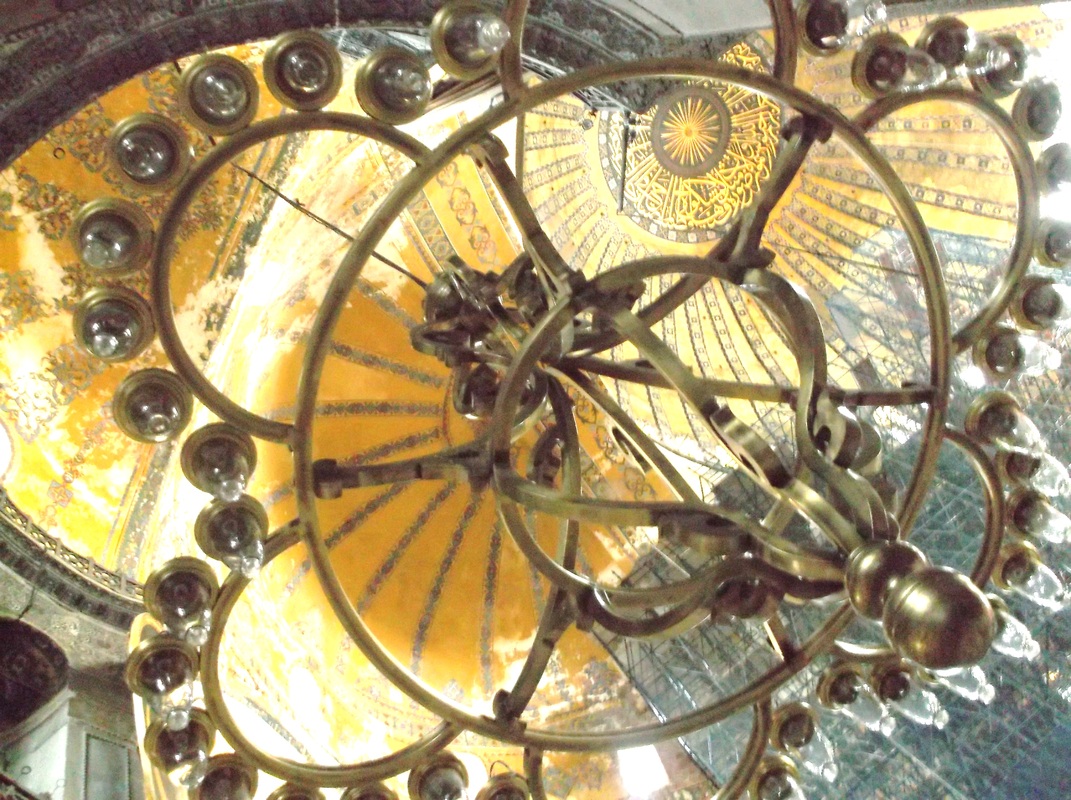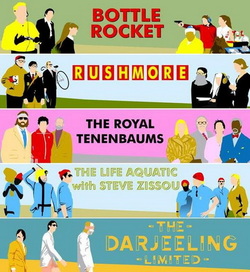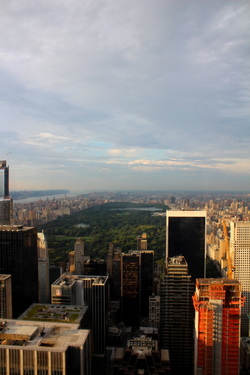 Central Park from above
Central Park from above I came into contact with a wide variety of people whilst I trekked nearly every path in the park; from the soul destroying rejections of women not wanting to fill out my survey (‘I can tell you live here! Why won’t you speak to me?! Yes I realise I’m not helping your fear of crime!’), to those who sat with me for over an hour to share their life stories. Not necessarily dissertation helpful, but my favourite conversation began with a woman telling me she used to be a high powered investment banker, before a small incident involving her having a heart attack whilst on the phone, and those on the other end having to dial 911 as she hadn’t noticed, making her decide to sell all her worldly belongings and go on a very long safari. Her spontaneous, hour long, intimate and anti-capitalist lecture was inspiring - she made me promise to follow my dreams and not live beyond my means, and only when she assured me that it was ‘our energies’ that had ‘drawn us together’ that I decided maybe to leave it there. Other excellent moments of humanity included a dedicated librarian opening up to me, as a complete stranger, to share her large sketchbook of art she had spent years doing in the Park. As well as a man, who after making me promise to never get into another stranger’s car in New York again, gave me an amazing backstage tour of Central Park. I had contacted him out of the blue from his website, and despite working two jobs, he added to his impressive 5,000 hours of volunteering to help me with my research - and then followed it up with a tour of CNN studios. It turns out, humans are great.
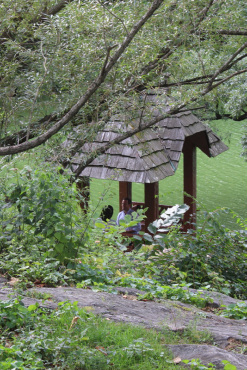 It's ok, she said yes
It's ok, she said yes Central Park is full of great people, from those that help keep it running, to those that use it for nothing but running - they all passionately love it and what it symbolises about humanity. Parks are a glowing green sign that maybe people aren’t selfish and greedy, but in fact go out of their way to protect open spaces for the enjoyment of all. Yes, Central Park may keep property prices high in New York, but its original founder and designer, Frederick Law Olmsted, saw the park as a bastion of the democratic ideals of community and equality. Olmsted went against the grain in the 19th century by arguing that parks weren’t just for the elite to enjoy, instead they could serve as a meeting ground for people from all different backgrounds. This idea remains today as Central Park is full of people enjoying the shared urban wilderness, and, if the 'energy' is right, maybe even interacting with each other.

